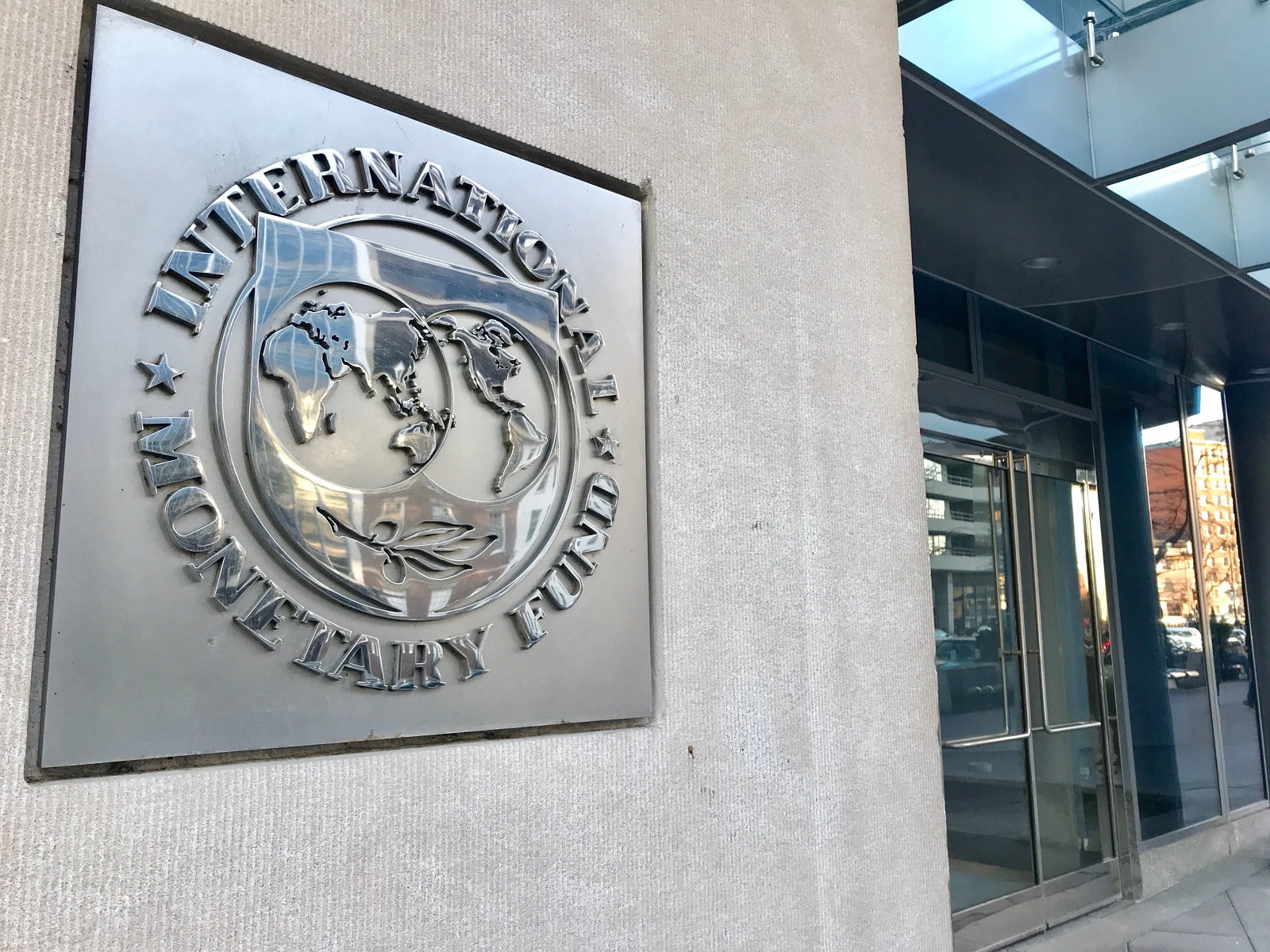
- Dr. Yasmine Fouad, Minister of Environment, held an expanded meeting with the International Monetary Fund’s resilience and sustainability mission, at the Ministry of Environment’s headquarters in the Administrative Capital, to begin discussions for Egypt to obtain $1.2 billion for the environment, within the support packages of the International Monetary Fund, and to discuss mechanisms for future cooperation in the field of supporting environmental and climate policies. .
- The meeting took place with the participation of Ivana Veldkova Hollar, head of the mission, and representatives of the International Monetary Fund mission, and in the presence of Dr. Ahmed Kocak, Deputy Minister of Finance for Financial Policies, Mohamed Nasr, Director of the Climate, Environment and Development Department at the Ministry of Foreign Affairs, Dr. Amr Osama, Advisor to the Minister of Environment on Climate Change, and Sherif Abdel Rahim, Head of the Central Administration for Changes. Climate change at the Ministry of Environment and representatives of the Central Bank.
- The Minister of Environment confirmed that the meeting comes as a continuation of the bilateral meetings with the Fund and the national meetings between the Egyptian government, which began during the last period, to discuss coordination and cooperation frameworks to enhance environmental and climate policies in Egypt, within its path towards greenness and achieving sustainability, as the previous meetings dealt with a set of clarifications between the two sides. Regarding the required reforms in climate policies, in light of a national consultative process between different ministries, to determine national needs and ways of support that can benefit from the Fund, and also in light of the general frameworks that the state works with in the climate file in the context of the Paris Agreement, including the National Climate Strategy 2050. And the updated National Contributions Plan 2030.
- Fouad said that Egypt has embarked on a long journey of climate action, which began many years before it hosted the COP27 climate conference, during which the National Council for Climate Change was established as an institutional entity to manage the climate file under the presidency of the Prime Minister, which helped Egypt develop its strategic path and implement many Important climate actions.
- She added that in recent years, Egypt has worked to change the language of dialogue about the environment, by linking it to the economy and development, and searching for investment opportunities in it, by turning the challenge into an opportunity, involving the private sector, and promoting the idea of the circular economy, as she reviewed examples of Egypt’s efforts to transform climate policies into real engagement. For the private sector, in the climate file, significant steps have been taken, including launching the National Climate Strategy 2050 and updating the national contributions plan twice, in addition to efforts in sectors affecting climate change, such as waste management, where the first law for managing all types of waste was issued in Egypt, based on the idea of the circular economy. Involving stakeholders, and also creating the climate for private sector investments, whether in solid waste, from collecting, transporting and recycling, and even investing in converting waste into energy.
- The Minister of Environment completed a review of the efforts in developing the environment file, including preparing the national strategy for the bioeconomy to enhance its use in industry, preparing packages of feasibility studies ready for implementation and presenting them to the private sector to invest in, in addition to providing the opportunity for the private sector to partner in developing natural reserves and implementing services and activities in them. Providing nature-based solutions and supporting eco-tourism.
- The Minister of Environment continued, “Through cooperation with the Fund, we seek to build on the national efforts made and benefit from the experiences of similar countries, such as Morocco and Bangladesh. Therefore, we are interested in identifying the strategies and policies that are required to be achieved to enhance the country’s ability to achieve flexibility and sustainability, ensure the sound decision-making process, and define the requirements.” Financing mechanisms, including climate and green growth, and working to increase green investments in the public and private sectors.”
- Fouad pointed out the importance of coming up with a national adaptation strategy, as it is one of the urgent issues for the Egyptian state, and developing the legal aspect of climate, such as adding a chapter on climate, whether mitigation or adaptation, to the environmental law, in addition to strengthening the interventions that the state has initiated in the low-carbon economy in the energy sector, and the need To focus on the transportation and petroleum sectors, such as increasing electric mass transportation and using the carbon footprint in the petroleum sector.
- She stressed the importance of strengthening climate policies, especially after the issuance of environmental sustainability standards and the government’s decision to gradually green the public budget to reach 100% of green state projects by 2030, as well as incentives in the field of green hydrogen to enhance the involvement of the private sector in the field of renewable energy.
- She pointed out the need for the bilateral agreement document to confirm that it comes within a national process consistent with the Fund’s objectives and based on the Paris Agreement, as a ruler for climate action in Egypt, while respecting national circumstances and social and economic dimensions, and also to include building on the actual efforts and interventions made nationally to accelerate the pace of access. For the objectives, she explained that as soon as the Fund’s guidelines are received, they will be discussed within a national framework, taking into account the reform ambitions in the finance, planning and investment sectors, to go through a consultative process to come up with a final matrix that will be sent to the Fund, until we reach an agreement soon.
- For his part, Mohamed Nasr, Director of the Department of Climate, Environment and Sustainable Development at the Ministry of Foreign Affairs, pointed out the need to consider during the agreement the current national situation and urgent priorities such as adaptation, taking into account the social and economic dimensions, and developments in the climate file on the Egyptian scene, including entering the field of green hydrogen and establishing the Council. National and national strategies that were launched recently, in addition to looking at the experiences of similar countries such as Bangladesh and the resulting strategies and policies, consistent with the Paris Agreement.
- In turn, Ivana Veldkova Hollar, head of the International Monetary Fund mission, praised the ambitious measures taken by the Egyptian government in the national climate file, including the national climate strategy, noting that cooperation with countries that set sustainability goals on their agenda and have many actual measures, helps to produce good results, The Fund helps to provide support in specific areas to support countries in implementing their climate agenda, and to benefit from the Fund’s experts. One form of cooperation with Egypt may be to provide support in developing capabilities to implement the National Climate Strategy 2050 and to search for appropriate financing mechanisms, while examining the impact of public financing. On the climate and its impact on investment.
- The head of the mission also pointed out that the Fund, as an institution, has a distinguished group of experts, and also works with other development institutions such as the World Bank to achieve integration in areas of expertise, as the country development and climate report for Egypt prepared by the World Bank was one of the references for diagnosing the national climate situation and identifying needs and challenges, she noted. Because they look forward to receiving more national reports that provide greater clarification of national priorities to reach consensus on the cooperation agreement.



